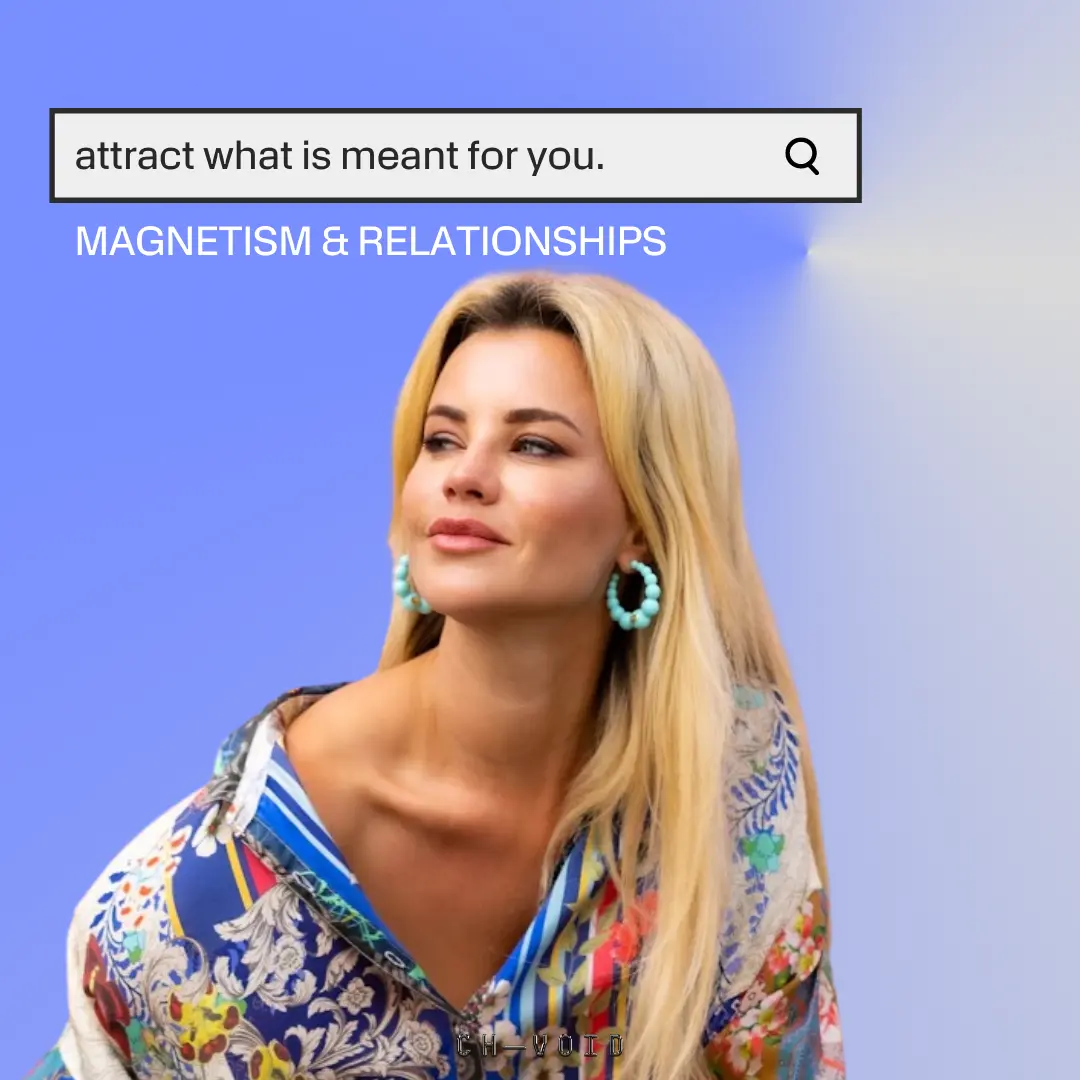Everyone is toxic
We are all villains in someone else’s story.
One of the biggest buzzwords at the moment is ‘toxic’, and it’s not just because of our lifelong obsession with Britney Spears.
People love to describe anything, anyone or any place that they deem as having bad energy as being ‘toxic’.
“That relationship is toxic.”
“My workplace is toxic.”
“She’s a toxic friend.”
It’s a very loaded word that carries a great deal of power and poison. It’s a perfect descriptor to use when, say, you’re explaining to someone why you left your ex or why you’re done with a certain friend.
But while I’ve noticed people often labelling those around them as ‘toxic’, I’ve found that you rarely see people taking accountability for their own actions and using it to describe their own behaviour which is, in and of itself, a toxic trait.
In an era where we’re all about self-reflection and taking accountability, why can’t we admit that just like our former friends, partners and bosses, we, too, can be toxic?
Where did the concept come from?
I say it’s a current buzzword, but it’s actually been floating around for a few years now. In 2018, the word ‘toxic’ was ranked as the Oxford Dictionary’s word of the year as it saw a massive resurgence around that time. It was first used in the context of people rather than chemicals as a response to the #MeToo movement, and the fact that folks were beginning to call out toxic masculinity.
In fact, apparently Oxford had initially considered choosing ‘toxic masculinity’ as the word (or in this case phrase) of the year, but ultimately decided to go with ‘toxic’ alone as it’s all encompassing and has become a word linked to far more than just toxic masculinity.
It’s basically been used to describe negative behaviour in all facets of life: friends, parents, bosses, workplaces, relationships, and even households.
Newsflash: you are toxic too
Here’s the thing: who among us hasn’t reflected on their behaviour in a certain friendship, relationship or even at work and thought, ‘Hm, I’m not proud of how I acted, I wish I’d been more compassionate, considerate and understanding’?
If you’ve ever had this thought, you’re essentially owning up to the fact that the behaviour that you exhibited in the past or even in the present is toxic. As they say in therapy, admitting you have a problem is the first step towards correcting poor behaviour. But also, of course we all have toxic tendencies because no one sets out to intentionally harm anyone. But as humans, we fuck up all the time. It’s both natural and inevitable. So it’s important that we acknowledge that and also that we be less critical of others when we notice poor behaviour in them.
For example, you might be bitching to your mate about how your other mate has been displaying shitty behaviour towards you. But at the same time, they may be bitching to their mate about how you have been shitty too. Neither of you are wrong necessarily, but I bet neither of you would agree with what the other person is saying. You’d insist that you have done nothing wrong and it’s all them, and they would insist the same – which is a toxic way of thinking on both parts.
It reminds me of the idea that we are all the villain in someone’s story. We might be skating along with main character energy thinking we were perfect angels in every relationship and anyone who ever wronged us is a villain, but said villain is doing exactly the same thing, and when they reflect on the relationship, you are the villain and they are the innocent who was wronged.
No one sets out to be a negative influence on others, but since every relationship is going to have its up and downs, of course we are going to make fuck ups and accidentally become toxic. So rather than canning your relationship with someone because of bad behaviours, wouldn’t it be better to face it head on and discuss it with that person, rather than cutting them off without even trying to quell the toxicity?
Toxic culture
In my opinion, writing someone off with the ‘T’ word is sort of like cancel culture. We’re effectively exiling that person to toxic island and warning others to never approach this person so as not to infect more people with their energy. It’s a harmful blanket statement that carries a lot of weight to it, being thrown by people who really aren’t qualified to make that analysis. But here’s the real kicker: since no human is perfect and we all have our flaws, this essentially means that we all have toxic qualities and therefore we are all living on this so-called toxic island. And if you believe that you aren’t toxic at all, you’re perfect and can do no wrong, and because of this you condemn others but not yourself, well, that is the most toxic trait of all, if you ask me.
At the end of the day, it’s not for us to decide if someone is toxic because we’re not all psychologists. If you feel like you’re in a toxic situation, the best thing to do in this instance is to seek advice from a therapist who can arm you with tools on how to decipher if the relationship has gone over to the dark side and if so, how to mend certain behaviours in both yourself and the other person.





















